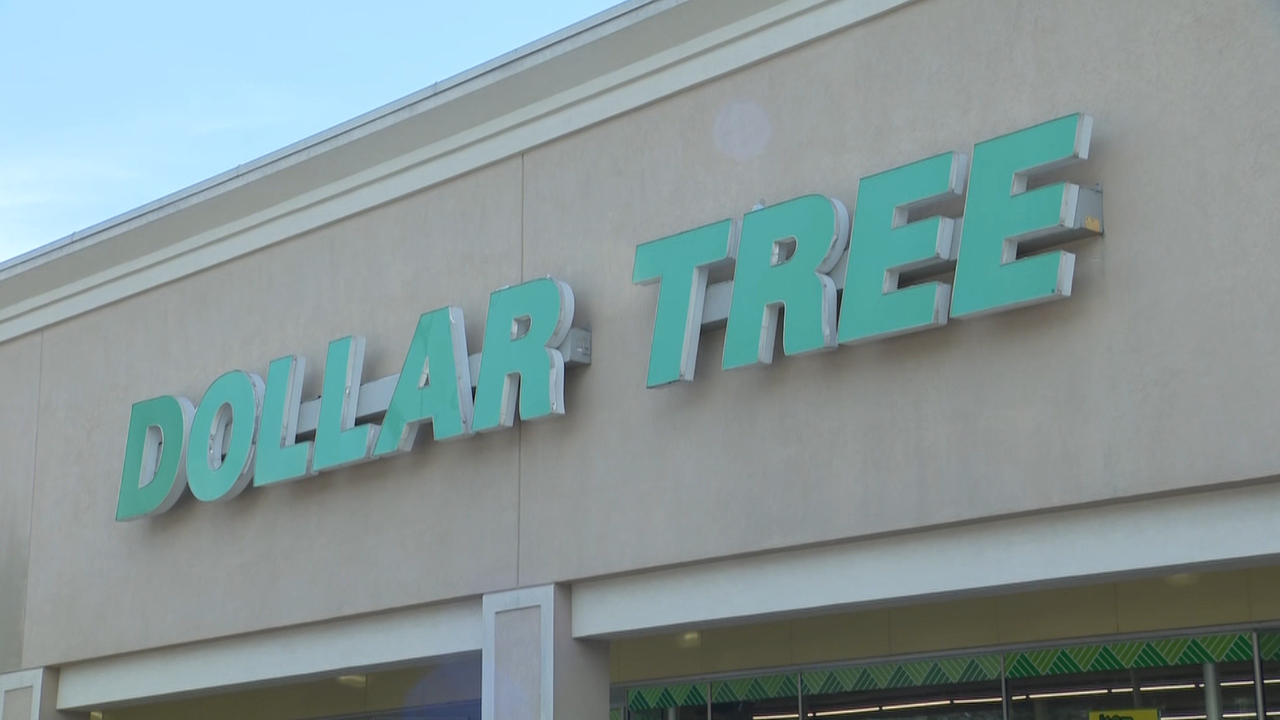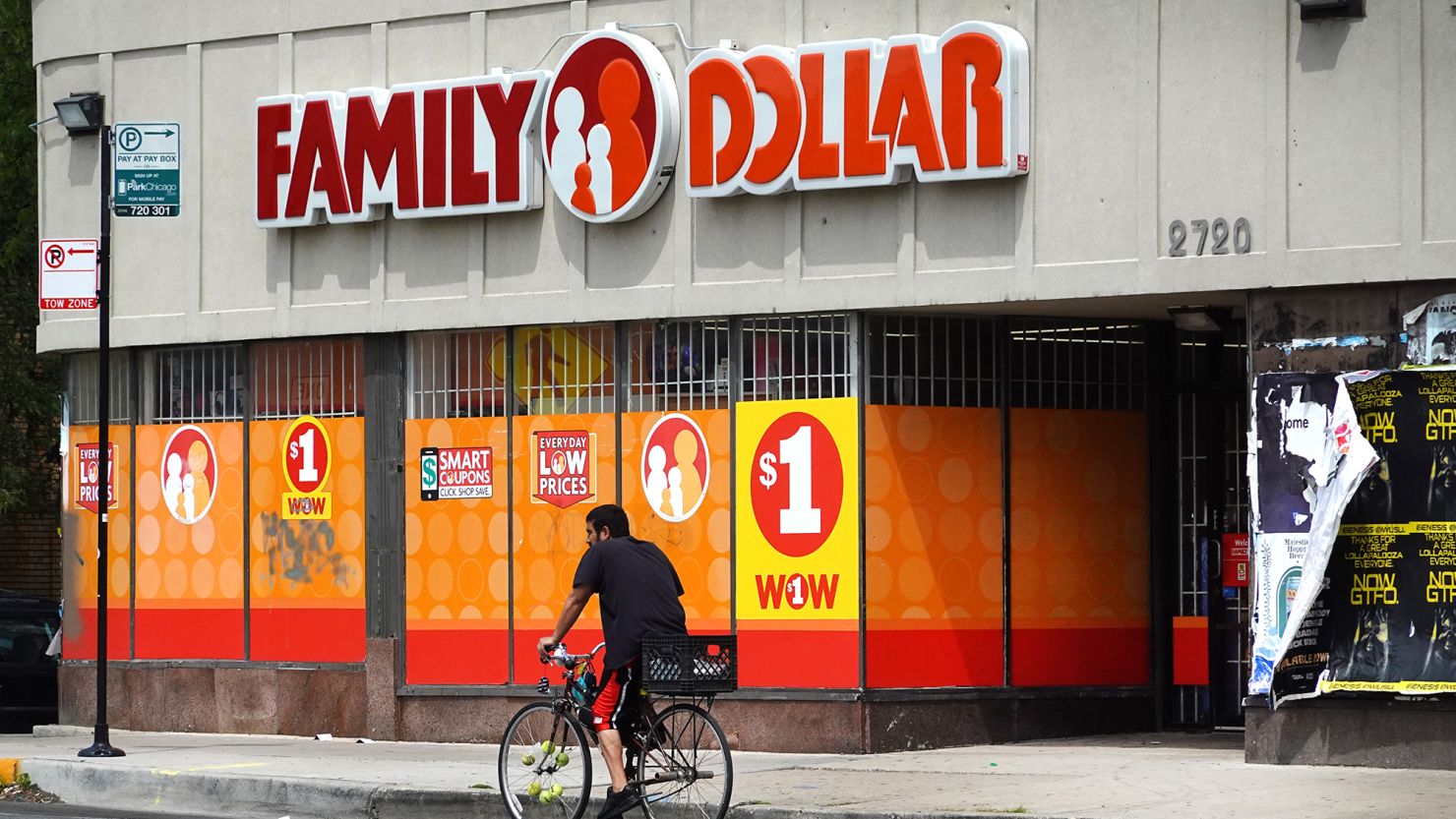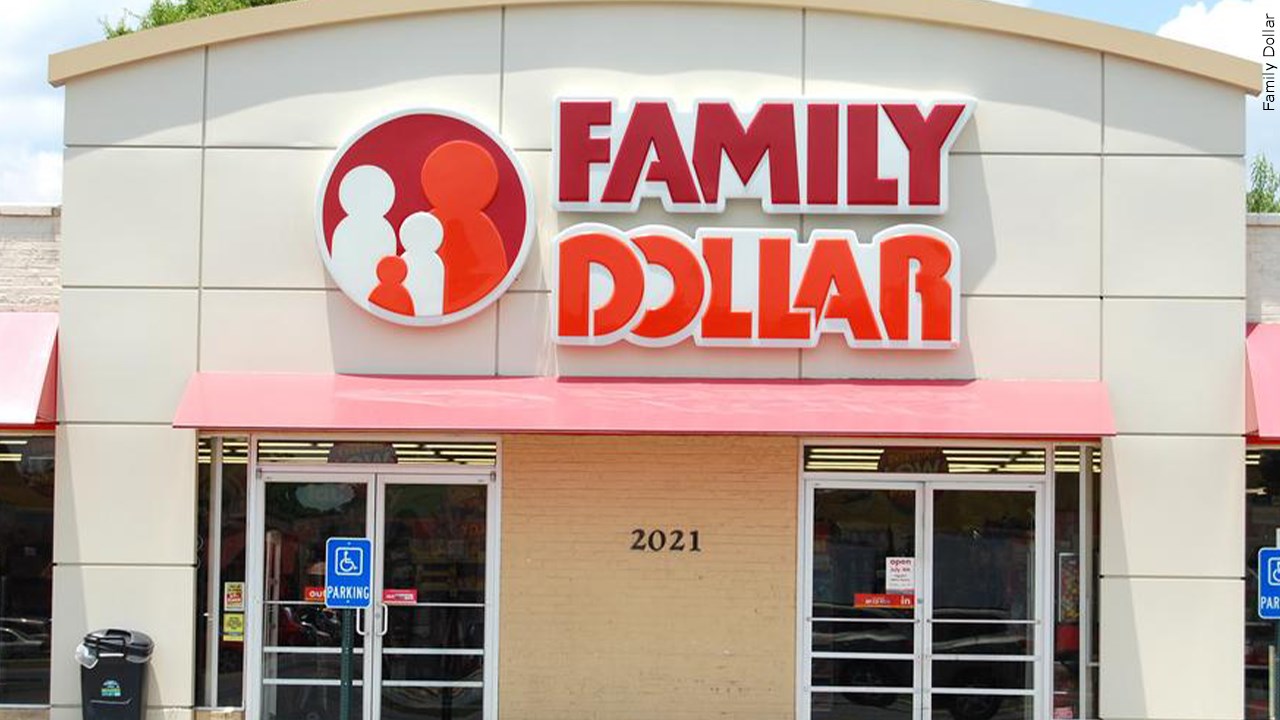In a significant development that has sent ripples through the retail industry, Dollar Tree, the renowned discount store chain, is contemplating a pivotal shift in its business strategy. Rick Dreiling, the CEO of Dollar Tree, recently unveiled plans to potentially divest Family Dollar, a subsidiary chain acquired in 2015 for a staggering $8 billion. This announcement marks a crucial point in the company’s nearly decade-long merger process with Family Dollar, stirring considerable unrest among its customer base.

Reassessing the Merger: A Decision Driven by Divergent Needs
The decision to consider the sale of Family Dollar comes after a detailed assessment of the operational challenges posed by managing the two distinct retail entities. “The unique needs of the two different stores are difficult to manage,” stated Dreiling, highlighting the complexities involved in aligning the operational strategies of Dollar Tree and Family Dollar. This revelation was made alongside the announcement of a formal review process to evaluate the viability of maintaining the merger or opting for alternative strategies such as a spin-off.
Strategic Closures and Expansion: Balancing Acts
The potential sale is not the only change on the horizon for Dollar Tree. In the past year, the company has made the tough decision to close over 900 Family Dollar stores, with plans for more closures in the pipeline. These strategic decisions are part of a broader initiative to refine the company’s focus and enhance operational efficiency across its remaining outlets.
Concurrently, Dollar Tree is expanding its market presence through the acquisition of leases for 170 locations formerly operated by 99 Cents Only stores. These sites, spread across Arizona, California, Nevada, and Texas, are set to be transformed into Dollar Tree stores. This expansion is accompanied by a strategic shift in the company’s pricing policy, with plans to offer items priced up to $7, including new categories such as refrigerated and frozen foods, pet food, and hygienic supplies.

A Future Uncertain: No Timelines, No Rush
As of early May 2024, Dollar Tree, along with its Family Dollar locations, operates over 16,000 stores across the United States and Canada. Despite the broad scope of these changes, the company has not committed to a fixed timeline for the completion of its review process. “Dollar Tree has not set a deadline or a timetable for the thorough review,” affirmed the company in a recent statement. This deliberate approach underscores the company’s commitment to a meticulous evaluation of its strategic options before making any definitive decisions.

Community Reactions: Uncertainty Among Shoppers
The news of the potential sale and the ongoing transformations within Dollar Tree have sparked widespread reactions among the company’s clientele. Shoppers, particularly those who rely on the affordability of Family Dollar, have expressed concerns over the potential impact on their shopping experiences. The prospect of store closures and changes in product pricing and availability has left many wondering about the future accessibility of affordable shopping options.

A Turning Point for Dollar Tree
As Dollar Tree stands at a crossroads, the outcomes of its strategic deliberations could significantly influence the landscape of discount retailing in North America. Whether through a sale, a spin-off, or another form of disposition, the decisions made in the coming months will not only shape the future of Family Dollar but also define the next chapter in the saga of Dollar Tree’s evolution as a major player in the retail sector.










